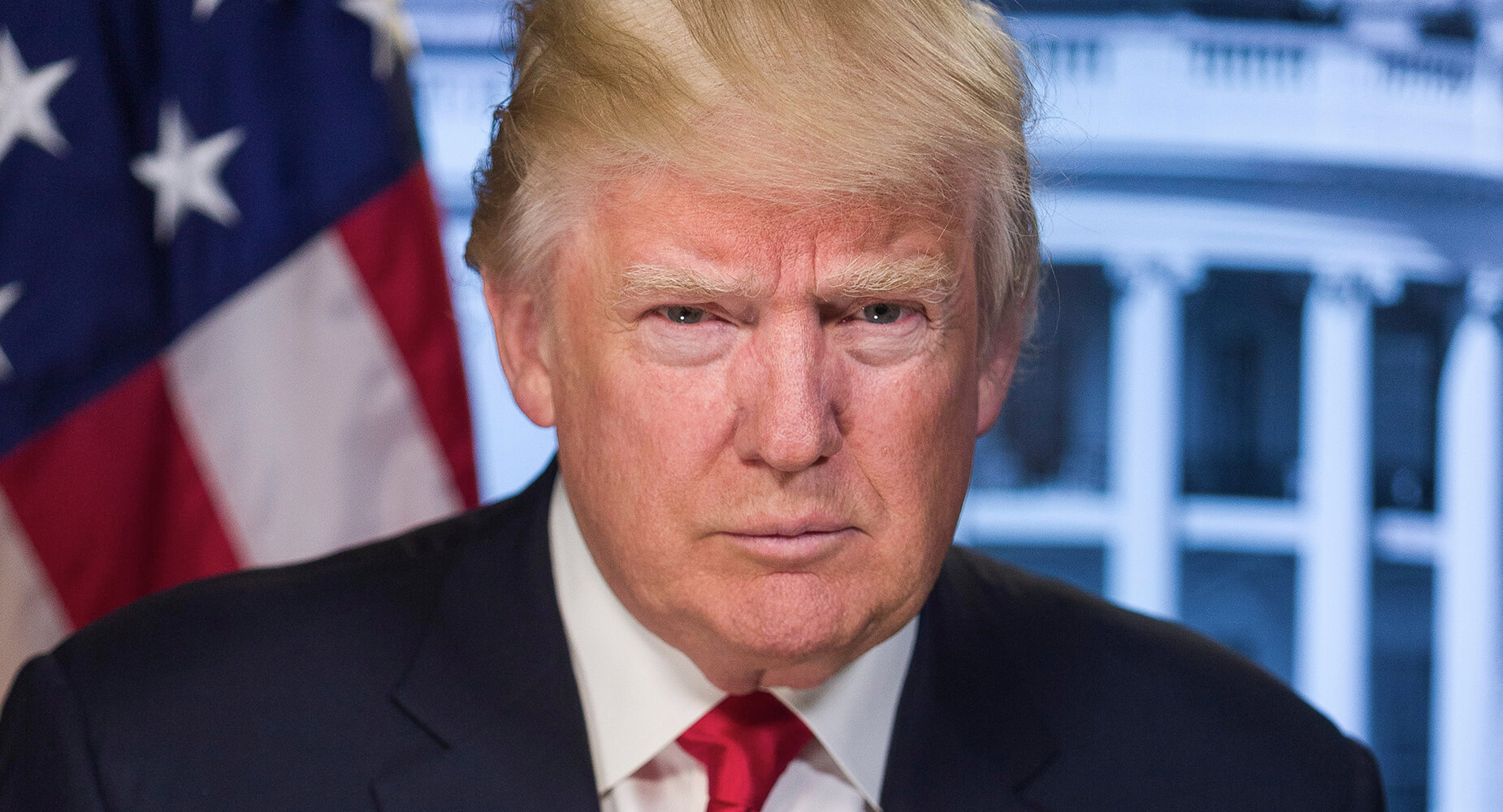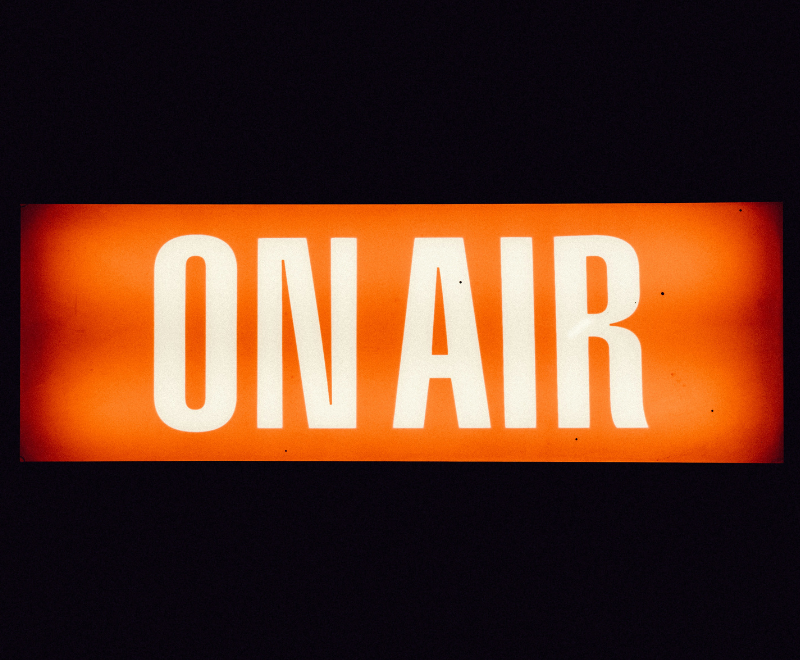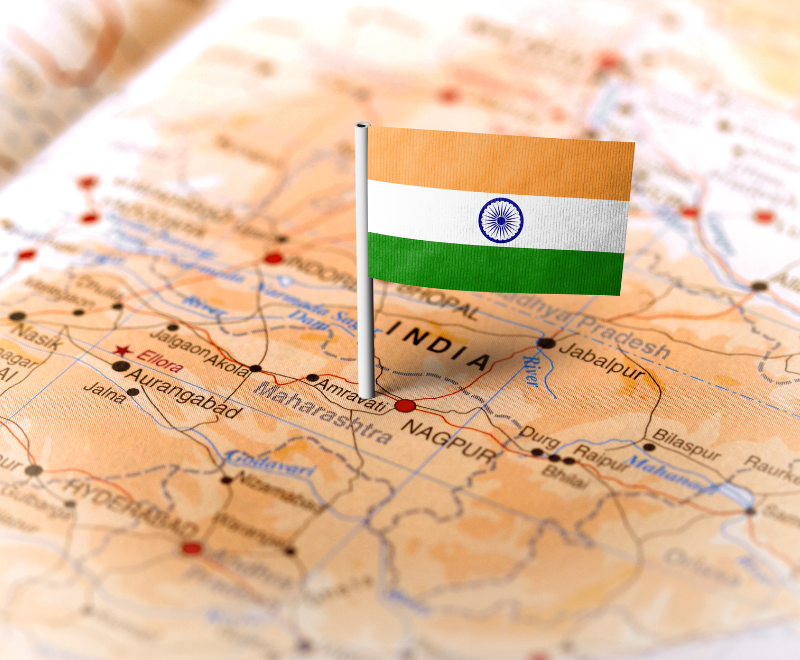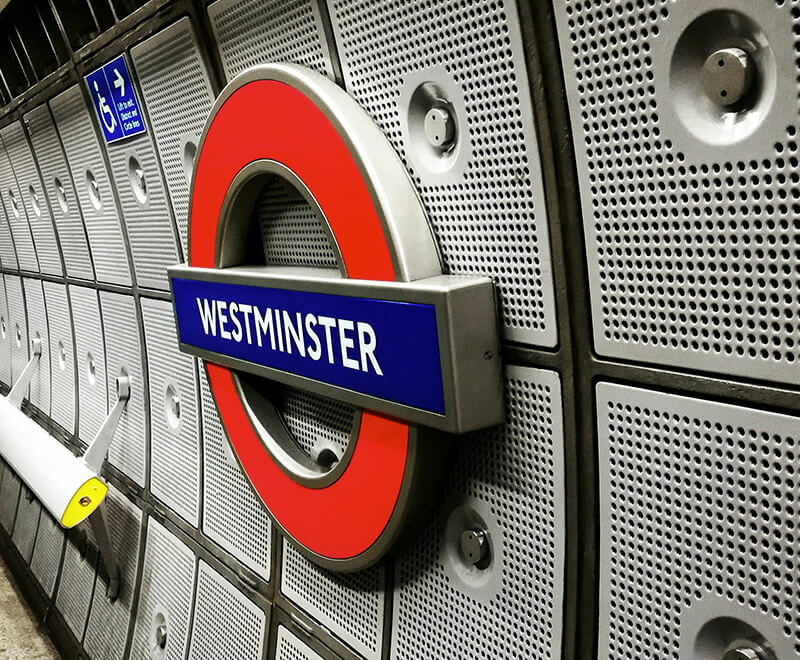As the world woke up to the reality of Donald Trump as President yesterday morning, we caught up with Sir Christopher Meyer, Pagefield’s Chairman and Former British Ambassador to the US to get his immediate reaction and understand the international and diplomatic implications of his victory.
If Trump does half of what he has said he wants to do, then he will be a revolutionary and destructive force in the world. Brexit times 10 underestimates it. He would drive a coach and horses through longstanding agreements and institutions which underpin global prosperity and security.
The new President promises to make the most drastic changes to US trade policies in living memory. He is not simply a protectionist, he is an aggressive mercantilist. For him, diplomacy is a zero-sum game where there must always be a winner and loser.
Trump has already promised to scrap the North American Free Trade Agreement with Mexico and Canada, arguing that it has caused American jobs to cross the border. It’s also unlikely that the recently signed Trans-Pacific Partnership with major Asian allies will ever be ratified. He will probably administer the coup de grâce to the Transatlantic Trade and Investment Partnership, a negotiation already in dire difficulty.
Most dangerously of all, he has pledged to start a trade war with China by imposing 45% tariffs, just at a time when tensions between America and China in the South China Sea have rarely been higher.
So Trump’s policies threaten both trade and security. Trump’s most alarming comments have been about nuclear weapons and those lively hands, such a prominent feature during the campaign, could now be hovering over the nuclear codes without the need for Congressional approval.
During the campaign he suggested giving the bomb to Japan, South Korea and Saudi Arabia. This would fatally undermine The Nuclear Non-Proliferation Treaty – one of the longest standing pillars of international security.
Equally alarming is his questioning of collective defence, enshrined in Article 5 of the North Atlantic Treaty, which commits each member state to come to the support of another member under threat. This is a cornerstone of UK security.
It’s reasonable to complain about NATO members not contributing enough to the cost of their defence and this has been a longstanding American complaint. It is quite another thing to give comfort to President Putin at a time when he is threatening NATO’s Eastern border.
Early reports suggest that yesterday’s news was met with jubilation in Moscow. Yet if I was advising Putin then I would be sounding a strong note of caution: be careful who you wish for.
Putin might think he has a kindred spirit in Donald Trump. But the USA remains the most powerful country in the world and the new helmsman will be an untutored, unpredictable, thin-skinned and highly-aggressive politician. It may not take much for US-Russian backslapping to tip into chest beating of the kind that could drag us closer to conflict.
There are perhaps glimmers of hope to this result, however. Unlike Obama, he has placed Britain ‘at the front of the queue’ for trade deals. Trump certainly seems to be a fan of the UK and endorsed Brexit and the country’s shift towards sovereignty. Whether we agree with him or not, the basic rules of diplomacy require us to work together. We must find a way to engage.
While Trump’s victory has sent shockwaves across the international community, this victory is not atypical of our times. Voters are more detached from, and despising of, international political elites than they ever have been. Brussels, beware.
What we are seeing is the great unravelling of the dominant international order. The bodies set up to prevent us sleepwalking into another 1914 or 1939 are losing relevance as the tectonic plates of global crises of security, currency and migration shift underneath. The UN is paralysed. The IMF is damaged. The WTO is rendered incapable. The EU is in crisis.
It is now up to Trump. He can “bind the wounds of division” and put a brake on this unravelling. Or he could accelerate it. Fasten your seatbelts!
Sir Christopher Meyer, Former British Ambassador to the US and Chairman of Pagefield



